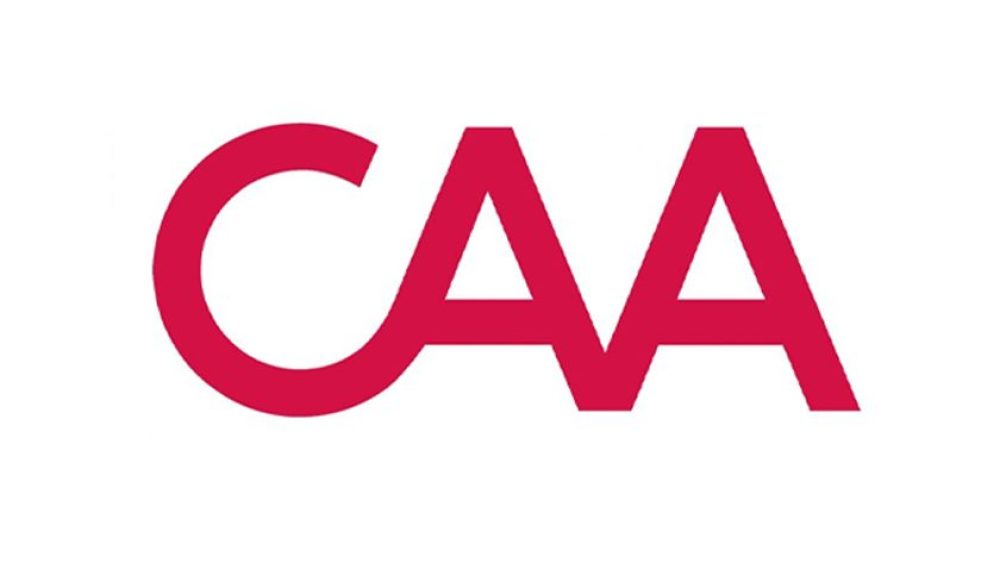Major Hollywood agency CAA issued a statement rejecting OpenAI’s Sora 2 video model, which shocked the industry by allowing users to create clips using copyrighted IP.
“CAA is unwavering in its commitment to protecting the integrity of its clients and their work,” the agency said in a statement Wednesday. “Misuse of new technologies has implications far beyond entertainment and media, posing serious and harmful risks to individuals, businesses, and society around the world. It is clear that Open AI/Sora puts our clients and their intellectual property at significant risk.”
The statement goes on to question OpenAI’s “ignorance of global copyright principles and blatant denial of creator rights.” The law considered “control, permission to use, and compensation” to be a “fundamental right” to the use of copyrighted material, and anything less should be considered “unacceptable.”
CAA’s statement continued: “We are happy to hear open AI solutions to these important problems, and we remain committed to working with intellectual property companies and leaders, creative guilds and unions, as well as state and federal legislatures and global policymakers to answer these challenges and chart a coherent path for the future.”
Sora 2 works with an opt-out system. This means that if a rights holder objects to their IP being used on the site, they can notify OpenAI and have it removed. However, some perceive this to be of questionable legal basis. Under copyright law, regardless of opt-out policies, rights holders can sue for infringement and obtain statutory damages.
On October 3, OpenAI CEO Sam Altman said that Sora 2 will soon be updated to give copyright holders “more control over character generation.” However, there was no guarantee that the copyrighted material would be permanently removed from the platform.
The Motion Picture Association of America was one of the first major Hollywood institutions to disavow the OpenAI platform. “While OpenAI has made clear that it will ‘soon’ provide rights holders with more control over character generation, we must acknowledge that it is our responsibility, not rights holders’, to prevent infringement of our Sora 2 service,” the company said in a statement Monday. “OpenAI must take immediate and decisive action to address this issue. Established copyright law protects the rights of creators and applies here as well.”
Disney and Universal sued another AI leader, Midjourney, in June for allowing users to create infringing videos and images through its sites. Warner Bros. also took legal action against Midjourney in September. Midjourney argued that AI Training is a “fair use” under copyright law, and that if users infringe on copyrighted intellectual property, they are doing so voluntarily and in violation of its terms of service.

